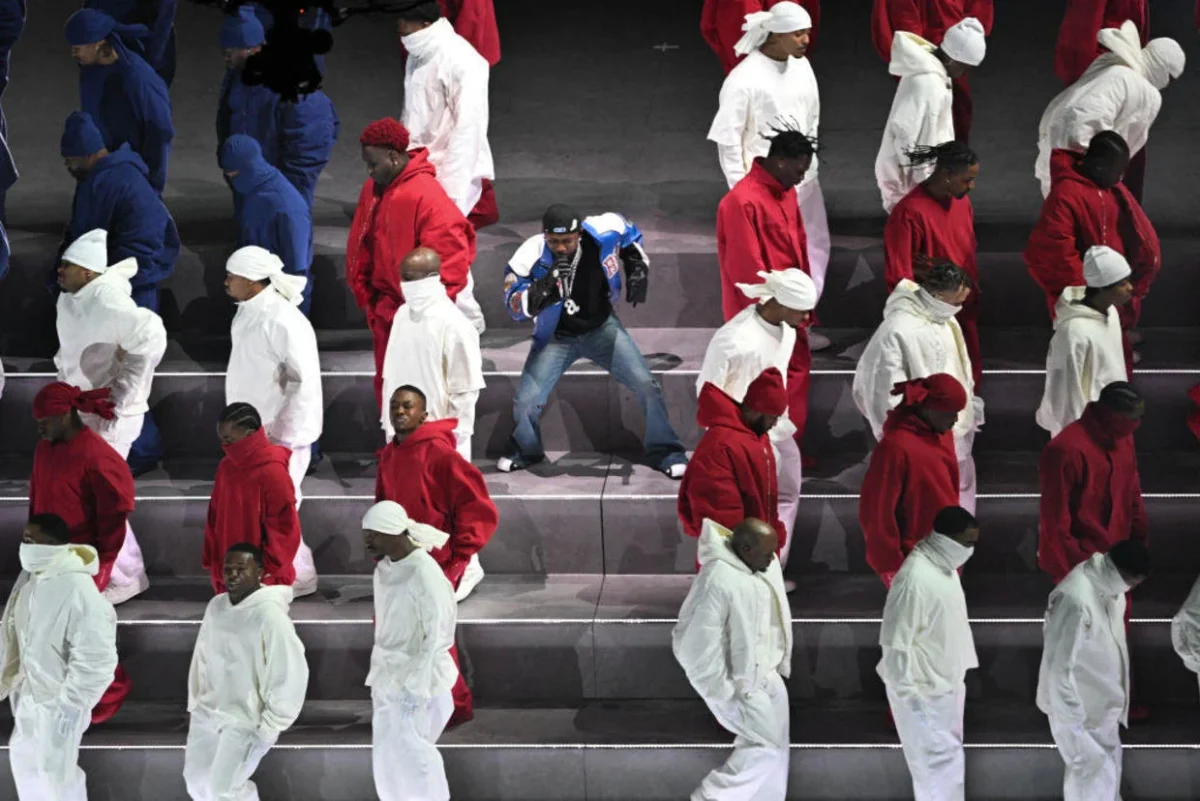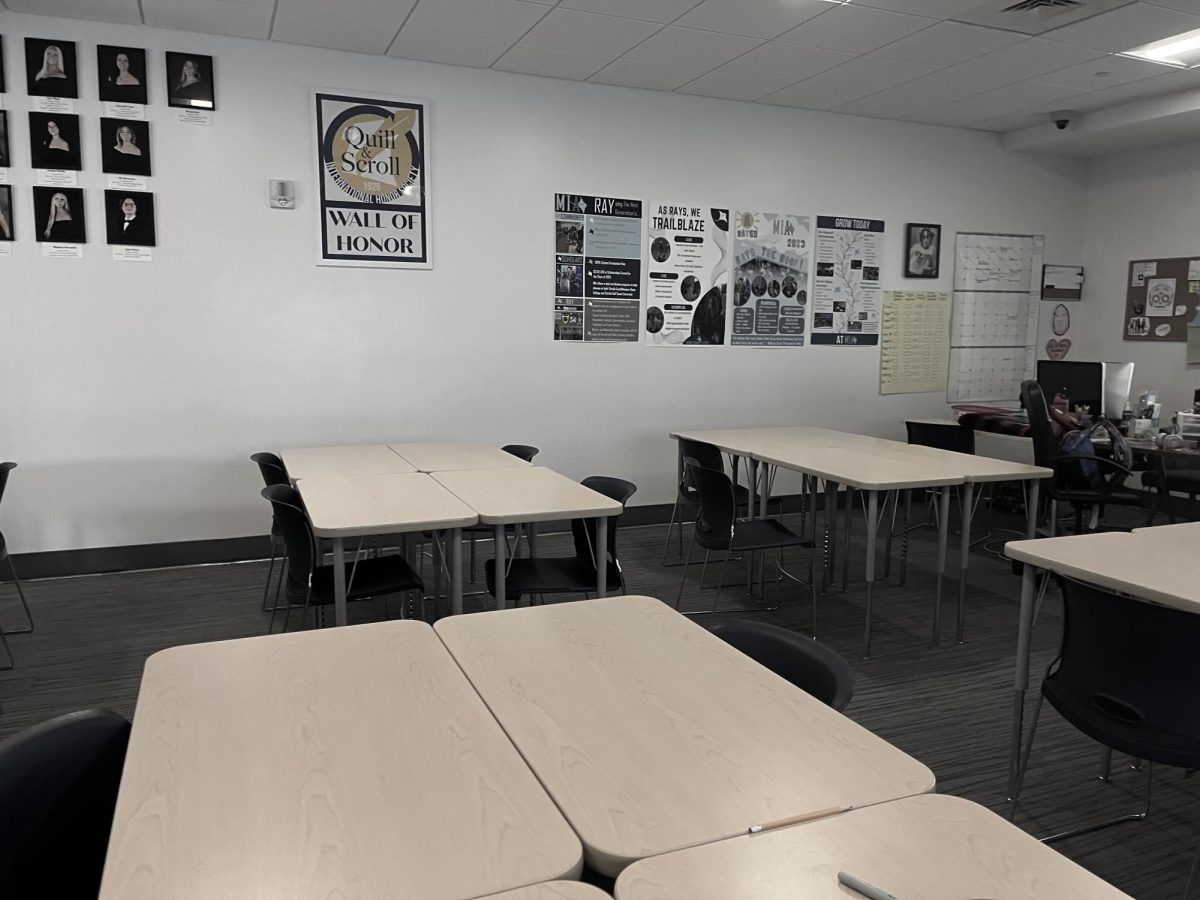Florida State University faced another tragedy on April 21. Sadly, this is not the first such incident. Looking back, a previous shooting occurred on Nov. 20, 2014, in the Strozier Library on campus. Unfortunately, history has repeated itself.
The suspect who caused damage to the FSU community is a 20-year-old student named Phoenix Ikner. He took the lives of two victims and injured six others. As the incident unfolded, many students on campus did not have the chance to lock classroom or building doors, and some had to flee. Ensuring top-priority safety measures could protect all students and alleviate concerns about facing such situations.
From a social services perspective, the shooter appeared to be a victim of parental alienation, which can be classified as emotional child abuse. Court documents revealed that his biological mother removed him from the United States when he was 10 years old, violating the custody agreement between his parents. This can impact a child’s stability and may result in future behaviors that express anger or hostility.
In each tragedy, there is often a common aspect related to mental health or past traumas among individuals involved. While Ikner’s cruel actions are inexcusable, it’s important to recognize the pattern seen in most tragedies like this one. Several psychological factors, such as traumatic experiences, past events, and even genetics, can play a role. However, by addressing emotional instability and fostering a supportive community, we can help reduce the likelihood of violent incidents.
Disasters like this often gain attention for only a few days before fading from public memory. They leave a lasting mark on FSU’s tragic history, highlighting the clear need for regulatory changes. This cycle has become normalized, as the country faces widespread gun violence.
In an interview with a current FSU student, freshman Logan Yarnell shared his perspective on the incident. He said, “The day after it happened, the campus felt like a wasteland. My roommate and I went to get our backpacks and his car from the lockdown areas, and everything was eerily silent with only cops and reporters around, very few students.” The mood of camaraderie on campus shifted to silence.
Questioning how this could happen again, there are many underlying factors to consider. Florida’s gun laws are relatively permissive rather than restrictive. The state ranks among the top 30 in the U.S. for gun-related deaths. Issues such as background checks, consumer safety, and restrictions on purchases by previous offenders are not always required when buying a firearm. Fewer laws in place can lead to more dangerous situations.
The Second Amendment of the Constitution guarantees the right of the people to bear arms, ensuring that guns are accessible to those seeking protection. However, the United States faces a high prevalence of mental health issues compared to other countries.
As society continues to search for a quick fix to the larger issue, a significant challenge for social workers is addressing the emotional and physical impacts of gun violence on communities. At FSU, many students may be permanently affected by the fear of another incident like the one on April 21. Yarnell mentioned that returning to classes will be unpredictable and likely uneasy. He said, “I thought I would be fine going back, but when I went back to the classroom I was in to get my belongings the day after, I realized going back was going to be harder than I expected.”
Addressing gun violence is always a controversial topic, but one thing everyone can agree on is that the cycle of fear must not continue.
Identifying the root causes of uncontrolled gun use and applying ideologies to societal impacts or individual factors is crucial for focusing on limitations and regulations that may lead to a gradual decline in violence.
Beyond the surface, gun violence affects our most fundamental right: the right to life. Unfortunately, in today’s circumstances, that right can be taken away at any moment, even in places where people should feel safe. The cycle of violence must end, as each life lost represents a profound failure in our society.









